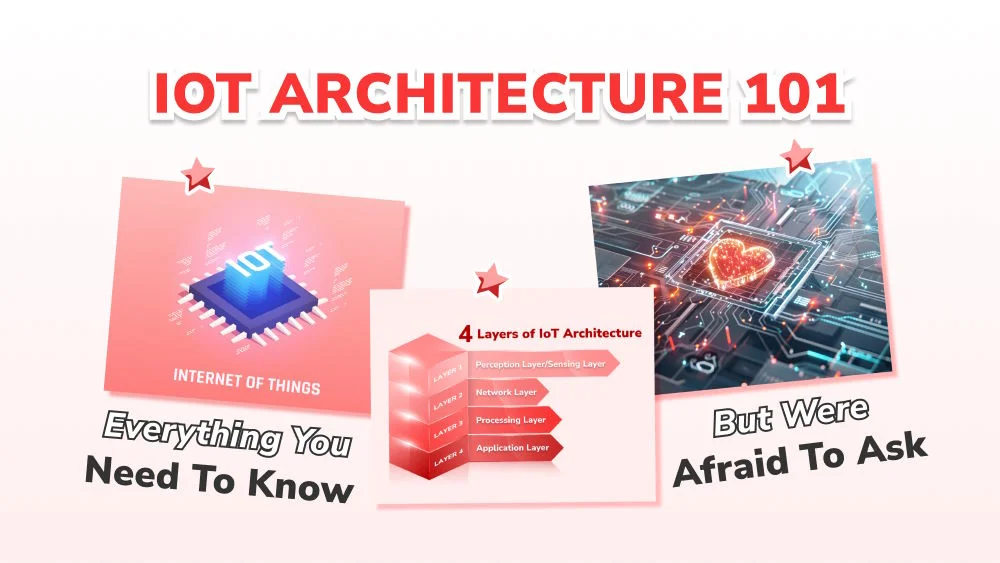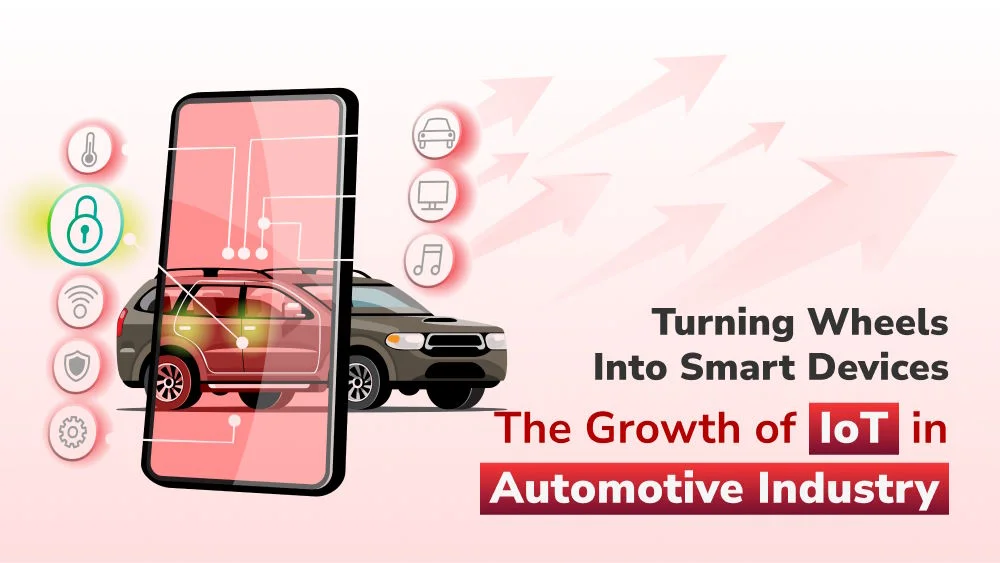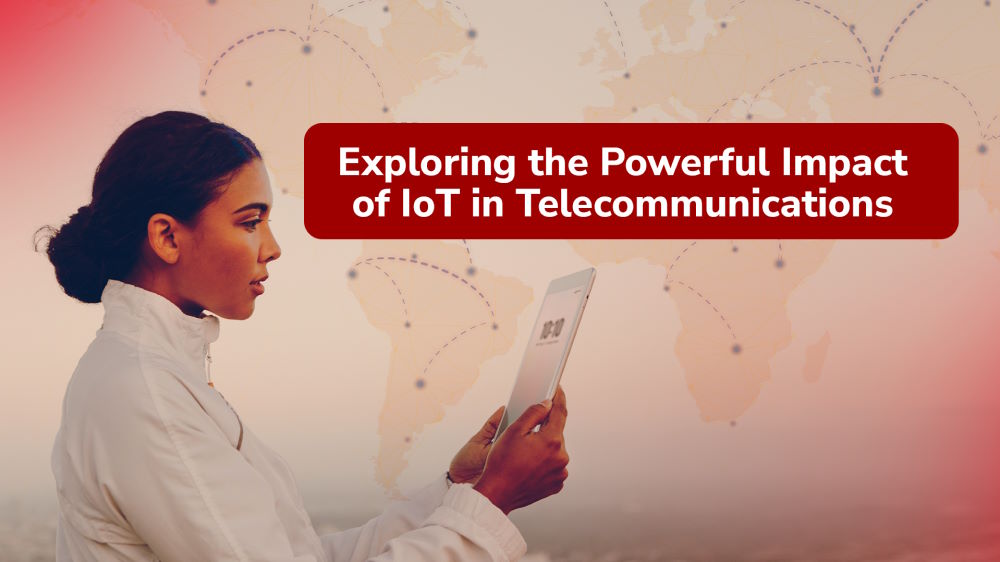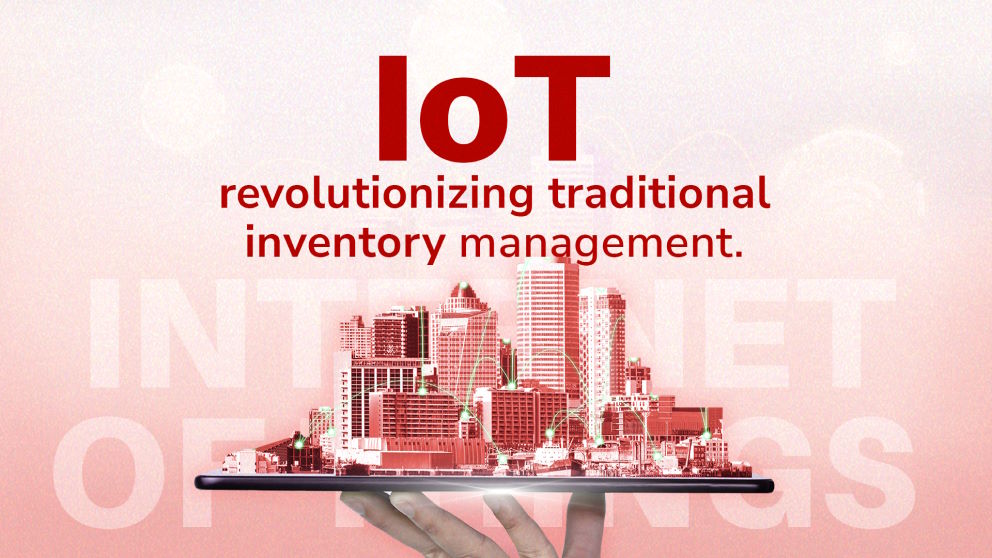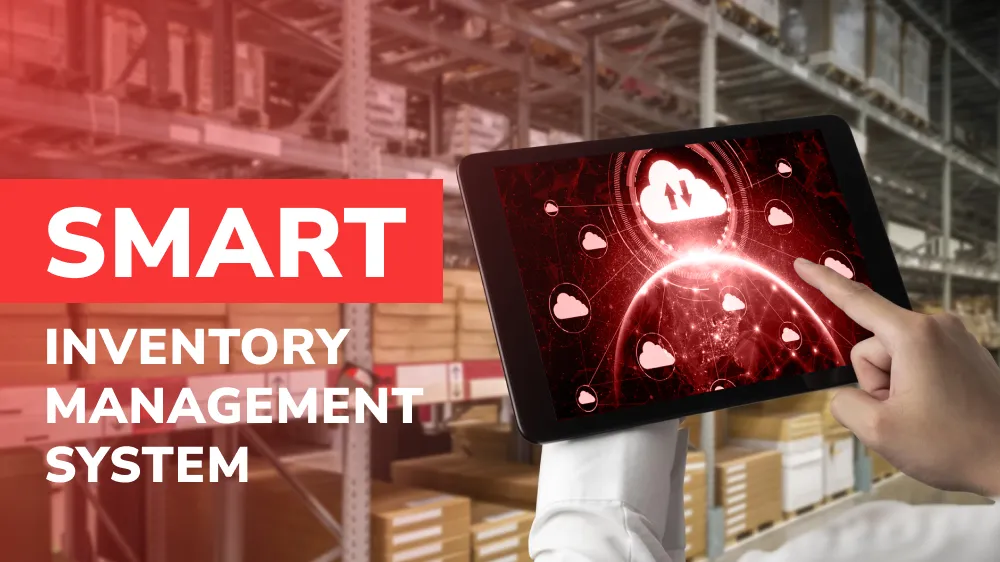
Can a Smart Inventory System Really Improve My Bottom Line?
Stuck with stockouts & wasted storage? Discover how a smart inventory system can revolutionize your bottom line.

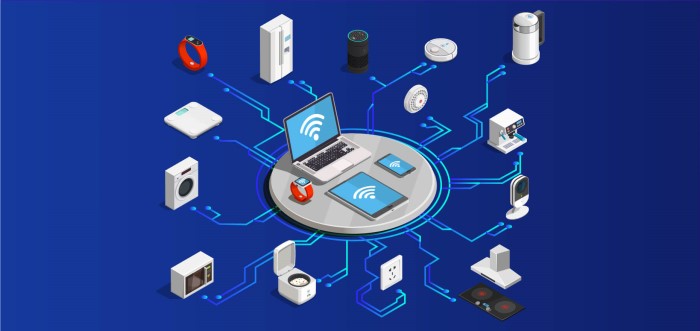
Internet of Things has been impacting almost everything in our life, but do we really know what it is and what it does as a technology?
Internet of Things has been stirring up the Technology world for the last few years, as it impacts how everything works and how we proceed in our everyday daily activities. But really, what is Internet of Things and is it really that impactful?
In short, Internet of Things technology enables objects to connect to the Internet and communicate to each other.
What does this mean? Simply, IoT is an ecosystem of physical objects that are all connected to a mutual network, which is the Internet.
These objects can be anything - from a clock, to a heart monitor, or a door sensor, even the car you are driving; everything can be connected and send signals (aka, communicate) to each other.
These objects are assigned an IP address and can make decisions without going through any human commands.
If you are still confused about what exactly IoT is, some examples about very familiar daily real-life objects can help you understand further about the usage of IoT in everyday life.
Do you have a smart rice cooker which can cook your rice perfectly by measuring and keeping track of how the rice is being cooked? Have you heard about the self-driving car with sensors to receive and react to roads and objects in the way? Or maybe your house security which can send signals to authorities in case of any break-ins?
These are a few examples of IoT in real life that are familiar to any of us and can improve our quality of life greatly by doing things that might seem very simple and take no effort.
IoT has and is improving the general population’s quality of life. This results in more and more companies are interested in developing and adapting IoT for business.
Due to its efficiency in promoting object-self-decision-making processes, IoT can reduce any business’ cost and improve efficiency, gathering real-time insights and analytics for better and more profitable decisions.
As the technology world is constantly improving with innovative technologies, and the Internet influence is growing day-by-day, IoT becomes a very valuable part of any business, creating more opportunities for growth and optimizing the flow of information.
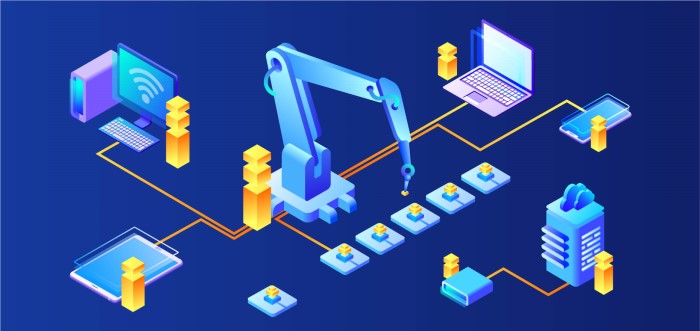
Smart cookers, intelligent home, automatic locks, etc. There are plenty of home applications that are using the IoT technology nowadays. IoT applications do not only measure and access useful data, but also apply information to produce possible output, such as alert, refill supply, or turning off during electricity rush hours.
IoT is being used to increase efficiency such as predicting maintenance, detect and fix errors or leakages, and optimizing utilization along with minimizing delays. There are several uses for IoT applications including fire alarm, water leakage alert, machine control, attendance check, pollution checker, etc.
With the rise of both diseases and medical costs, we are in great needs for ways to prevent severe and long-term illnesses, while reducing hospital visits in order to save time and costs. What we need is for healthcare to expand its reach while lowering the costs – this is where IoT comes into place: prevention and accessibility.
People can now use their smartphone apps to check their blood level, heart rate, or oxygen levels constantly to prevent un-expected occurrences. Real-time monitoring via connected devices can save lives in event of a medical emergency like heart failure, diabetes, asthma attacks, etc.
One of the most advanced car developments to date is probably the potential of self-driving cars. Self-driving cars are built based on IoT for navigation, safety and infotainment. On the safety side there are a few developments already or close to reality:
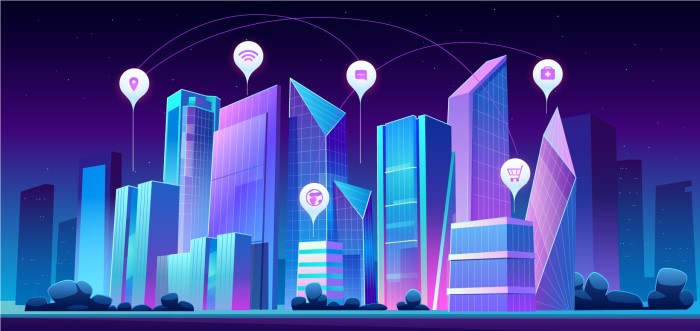
You probably have already heard the term “smart city” once or twice. By definition, a smart city is “an urban area that uses different types of electronic Internet of Things (IoT) sensors to collect data and then use insights gained from that data to manage assets, resources and services efficiently.
This includes data collected from citizens, devices, and assets that is processed and analyzed to monitor and manage traffic and transportation systems, power plants, utilities, water supply networks, waste management, crime detection, information systems, schools, libraries, hospitals, and other community services.” (Wikipedia)
Another notable thing to mention is that Smart Cities are aiding the world in fighting the illnesses, such as the 2020’s Corona Pandemic, by tracing people who are potentially infected. Governments and local authorities are using smart city technology, sensors and data to trace the contacts of people infected with the coronavirus.
And of course, IoT is a big step for IT development. Even though IoT is as big of a buzzword compared to Machine Learning or AI, its importance is unneglectable. IoT is currently being applied to:
Security — Like always, security is our biggest concern, and IoT can help with noticing and alerting human staff about any security leak or breach, reducing potential impacts and protecting personal information.
Consumer privacy — As above, since security is ensured, consumers can be at ease when their information is protected. This enhance consumers’ trust in the business and improve company’s general health.
Data — Personal data (consumer-driven) and big data (enterprise-driven) can now be stored and secured better.
Improved efficiency and accuracy – IoT can now react to tasks automatically, reducing time and costs while improving productivity and time-to-market.
Storage management — Due to IoT shortening the time and costs, businesses can now improve for more storage and available tasks, expanding their specialties.
Data center network — IoT promises to dramatically change DCN by transferring massive amounts of small message sensor data to the data center for processing to increase inbound data center bandwidth requirements.
Household – IoT can connect households to businesses or authorities in order to alert, alarm, auto-supple and auto-order, etc. To make sure that all needs are fulfilled in the shortest amount of time.
Authenticity and integrity – All processes are automatic to make sure that concerns are raised at the right time and for the right reasons.
Stuck with stockouts & wasted storage? Discover how a smart inventory system can revolutionize your bottom line.
This beginner-friendly guide explains everything you need to know about IoT architecture!
How is smart technology revolutionizing vehicles and driving experiences? Explore the impact of IoT in automotive industry.
Discover how the enormous influence of IoT in telecommunications can enable new services, increase efficiency, and improve the overall customer experience.
Supply chain processes once relied completely on manual operations. However, the integration of IoT in inventory management has transformed the whole industry.
